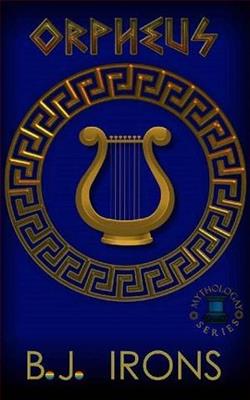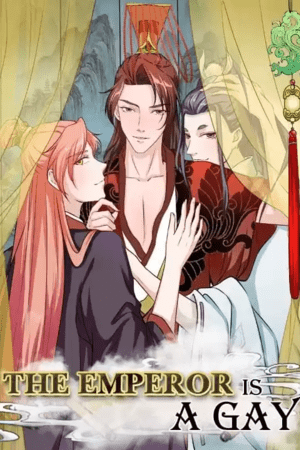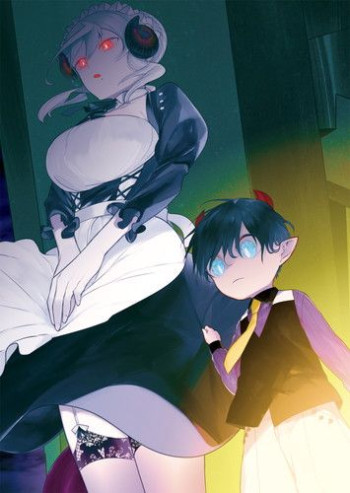Martial Peak Reviews
B.J. Irons' Orpheus is a captivating reimagining of the legendary Greek bard, offering a fresh perspective on a character whose mythological roots have been explored for centuries. This novel delves into the lesser-known aspects of Orpheus' life, particularly his relationships with male lovers, and presents a poignant narrative about identity, love, and self-discovery.
At its core, Orpheus is a story about a man who is not only celebrated for his musical genius but also grappling with his own sense of self. The book's exploration of Orpheus' identity is both profound and relatable, as it touches on universal themes of belonging and the quest for personal truth. Irons skillfully weaves these themes into the fabric of the narrative, creating a rich tapestry that resonates with readers on multiple levels.
The character development in Orpheus is one of its standout features. Orpheus is portrayed as a complex and multi-dimensional character, whose struggles with identity and desire for exploration are depicted with sensitivity and depth. Irons does not shy away from portraying Orpheus' vulnerabilities, which makes him a more relatable and human figure. This nuanced portrayal allows readers to connect with Orpheus on a personal level, as they witness his journey of self-discovery and the challenges he faces along the way.
Irons' decision to focus on Orpheus' relationships with male lovers is a bold and refreshing choice that adds a new layer to the traditional myth. By doing so, the author challenges the heteronormative narratives that have often dominated classical mythology. This aspect of the story is handled with care and respect, highlighting the emotional depth and complexity of Orpheus' relationships. The inclusion of these relationships not only enriches the character's backstory but also serves as a powerful commentary on the fluidity of love and the importance of embracing one's true self.
The novel's exploration of Orpheus' interactions with gods and men further enhances its thematic richness. These relationships are depicted with a keen understanding of the dynamics of power, desire, and vulnerability. Irons' portrayal of these interactions is both nuanced and evocative, offering readers a glimpse into the intricate web of connections that define Orpheus' world. The author's ability to balance these elements with the overarching narrative of self-discovery is a testament to their storytelling prowess.
In terms of style, Irons' prose is both lyrical and evocative, capturing the essence of Orpheus' artistic talents. The language is rich and descriptive, painting vivid images of the ancient world and the characters that inhabit it. This attention to detail not only enhances the reading experience but also immerses readers in the world of Greek mythology. The author's ability to blend poetic language with a compelling narrative is one of the novel's greatest strengths.
Comparatively, Orpheus stands out among other modern retellings of Greek myths, such as Madeline Miller's Circe or Pat Barker's The Silence of the Girls. While these works also offer fresh perspectives on classical figures, Irons' focus on Orpheus' identity and relationships provides a unique angle that sets it apart. The novel's emphasis on LGBTQ+ themes and its exploration of identity make it a timely and relevant addition to the genre.
The overall impact of Orpheus is both profound and lasting. It is a novel that challenges readers to reconsider their understanding of a well-known mythological figure and invites them to explore the complexities of identity and love. Irons' ability to weave these themes into a compelling narrative ensures that the story resonates with readers long after they have turned the final page.
In conclusion, B.J. Irons' Orpheus is a masterful reimagining of a classic myth, offering a fresh and insightful perspective on a legendary figure. With its rich themes, nuanced character development, and evocative prose, the novel is a must-read for anyone interested in Greek mythology, LGBTQ+ narratives, or stories of self-discovery. It is a testament to the enduring power of myth and the timeless nature of the human experience.
























Reviews 0
Post a Reviews: